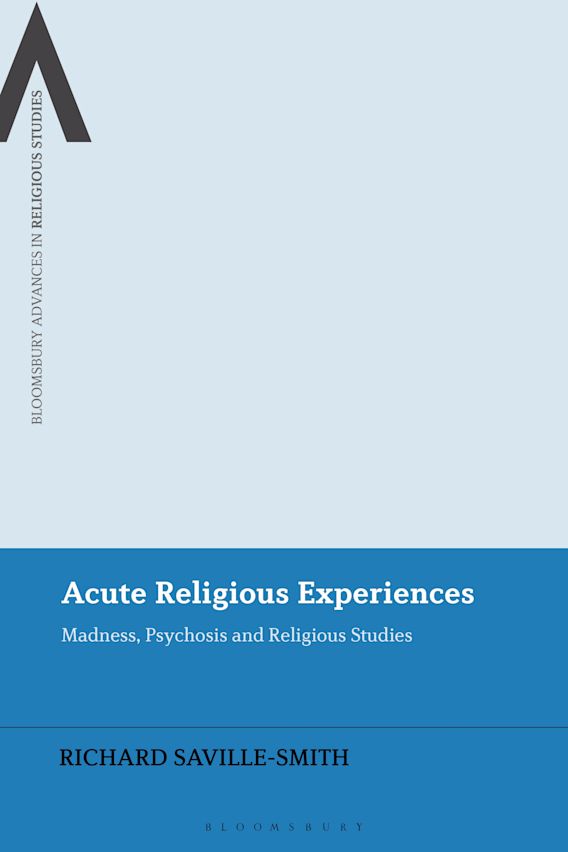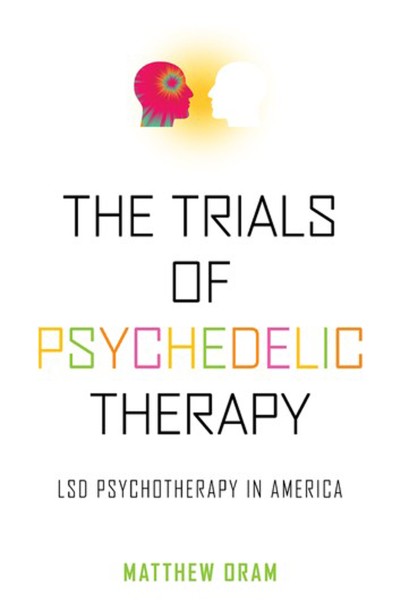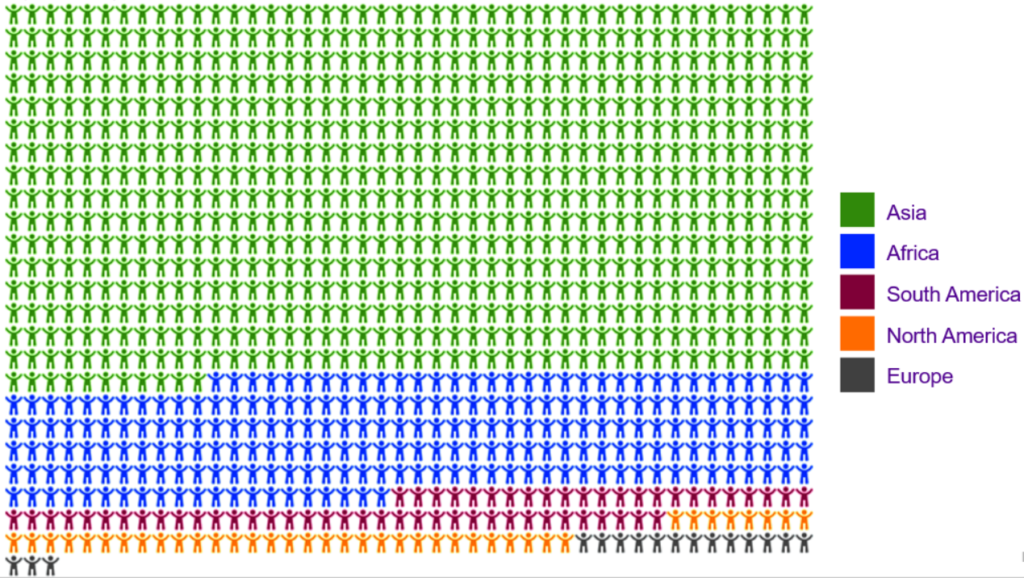Blog Posts
Torsten Passie – The History of MDMA (123-Word Book Review)

Torsten Passie – The History of MDMA
Oxford University Press, 2023
Marc Aixalà – Psychedelic Integration (123-Word Book Review)
Marc Aixalà – Psychedelic Integration: Psychotherapy for Non-Ordinary States of Consciousness
Synergetic Press, 2022
Richard Saville-Smith – Acute Religious Experiences (123-Word Book Review)
 Richard Saville-Smith – Acute Religious Experiences: Madness, Psychosis and Religious Studies
Richard Saville-Smith – Acute Religious Experiences: Madness, Psychosis and Religious Studies
Bloomsbury Academic, 2023
Matthew Oram – The Trials of Psychedelic Therapy: LSD Psychotherapy in America (123-Word Book Review)
 Matthew Oram – The Trials of Psychedelic Therapy: LSD Psychotherapy in America
Matthew Oram – The Trials of Psychedelic Therapy: LSD Psychotherapy in America
John Hopkins University Press, 2018
MDMA-terapian hyväksyntä lähenee – läpimurto PTSD:n hoidolle vai yksi vaihtoehto muiden joukossa?
Tämä teksti julkaistu aiemmin Psykedeelitutkimusyhdistys ry:n blogissa 19.9.2023
Multidisciplinary Association for Psychedelic Studies (MAPS) -järjestön kolmannen vaiheen MAPP2-tutkimuksen tulokset MDMA-avusteisen terapian hyödyntämisestä traumaperäisen stressihäiriön (PTSD) hoitoon julkaistiin juuri Nature Medicine -lehdessä. Tutkimuksessa oli mukana 104 kohtalaisesta tai vaikeasta PTSD:stä kärsivää potilasta aiempia tutkimuksia laajemmalla etnisten taustojen kirjolla. Osallistujat olivat kärsineet PTSD:stä keskimäärin 16 vuotta, ja monien tilanteissa oli myös hoitoa tyypillisesti hankaloittavia piirteitä kuten useita traumakokemuksia eri yhteyksissä sekä dissosiatiivista oireilua. Continue Reading…
Eight billion people, and beyond
As of today, there are an estimated eight billion human beings on our planet. That’s great. More human beings is a positive thing. Every new human being brings more consciousness, meaning, and potential into the universe.
Our planet could sustainably hold and provide for eight billion people. However, at this moment, we don’t have the appropriate structures to do this, but instead we are wasting non-renewable resources and polluting our own nest at a truly terrifying rate. Changing these circumstances is, clearly, the greatest and most immediate challenge of our times.
Global population growth appears to be slowing down. With environmental challenges this large, this is probably a good thing in the short term. As our problems related to the environment and climate are better under control, I look forward to more rapid population growth later.
Biological (or cybernetic) immortality, which seems likely to be achieved within the next century, will in any case accelerate population growth once more. This is no reason not to strive for this most important goal for the near future of humanity. But as the human population continues to grow well beyond its current size, we will of course need to expand onto other planets or into outer space otherwise.
These three I consider the most important challenges for humanity as of today: overcoming death, developing a balanced relationship with our planet and a sustainable way of living on it, and expanding beyond our home planet. Insofar as we will not receive help in these endeavors from other possible sentient species out there, we will have to face these challenges by ourselves. For one or a thousand people, they would surely be insurmountable. That’s why I’m glad there’s eight billion of us.
Largest study of psilocybin for depression published with fairly positive results
Several companies and research groups continue to investigate the potential effectiveness of psilocybin, a classic serotonin 2A receptor agonist psychedelic, or psilocybin-assisted (psycho)therapy for several psychiatric indications, chief among them depression.
Results of the largest RCT on psilocybin-assisted treatment of treatment-resistant depression to date, with 233 patients, are now out in the New England Journal of Medicine. The main results from this private phase 2b study have previously been presented in press releases, however.
In the final published results by Goodwin et al. (2022), one session of 25 mg of psilocybin, combined with psychological support during the dosing session and a few preparatory and integrative therapeutic sessions reduced depressive symptoms more than smaller doses (10 mg, 1 mg). Compared to previous research and expectations, however, the results may still be considered modest, maybe even disappointing. In the treatment group, 37% of patients had a significant response and 29% were in remission three weeks after treatment, compared with 19/18% and 8/8% of patients in the 10/1 mg groups. At 12 weeks, a sustained response was seen in 20% of patients in the treatment group.
“Mystical-type experiences under psychedelics explain later improvements in well-being and mental health” – What’s the evidence?
This post provides a slightly extended version of and references for my brief talk at the Interdisciplinary Conference on Psychedelic Research 2022 on September 23, 2022. This research will also be published as a peer-reviewed article later.
2022-09-22 Samuli Kangaslampi, samuli@kangaslampi.net
Introduction
“[E]lements of the psychedelic experience, such as experiences of mystical-type, account for the therapeutic benefit” (Palhano-Fontes et al., 2019). “[M]ystical-type experiences are predictive of beneficial outcomes from psychedelics administered in experimental contexts” (Yaden & Griffiths, 2021). Statements such as these are commonly made in recent articles on psychedelics and their potential therapeutic effects, and are typically followed by some references to studies that have indeed found this to be the case. Meanwhile, other authors have questioned the relevance and meaning for therapeutic outcomes of the subjective effects entirely (Olson, 2021) or the concept of mystical experiences in particular (e.g., Sanders & Ziljmans, 2021).
So, what is the evidence that mystical-type experiences under psychedelics associate with or predict changes in well-being and mental health a) in general and b) compared with other possibly relevant acute subjective aspects of the experience (such as psychological insights and emotional breakthroughs)? To my knowledge, no comprehensive reviews on the state of the evidence have been presented1. Therefore, I conducted a comprehensive review based on a systematic search of the available quantitative evidence for such associations.
This blog post presents a rough, general summary of the results of this review to accompany my talk at ICPR 2022. A full, proper article will be published later.
On studying the psychological mechanisms of the (therapeutic) effects of psychedelics
This post provides extended discussion of and references for my poster-based talk given at the INSIGHT 2021 conference on September 10, 2021. My commentary published in Psychopharmacology also discusses some of these same issues and provides concrete suggestions for future research. This is a work in progress and may evolve over time.
2021-09-10 Samuli Kangaslampi, samuli@kangaslampi.net
Increasing evidence suggests that consuming psychedelic substances in some contexts may have therapeutic effects for some people. Psilocybin-assisted psychotherapy for depression has entered Phase 2 clinical trials (Carhart-Harris et al., 2021). Meanwhile, experimental, survey-based, and register-based studies suggest links between psychedelic consumption and some areas of well-being (e.g., Agin-Liebes et al., 2021; Jiménez-Garrido et al., 2020; Hendricks et al., 2015; Simonsson et al., 2021; Uthaug et al., 2019). In order to better understand and maximize possible therapeutic effects, it would be very useful to know how, through which psychological mechanisms, psychedelics or psychedelic-assisted therapy may have beneficial outcomes.
Indeed, research on the psychological mechanisms of the effects of psychedelics is increasing. A number of recent publications have suggested various mechanisms and pathways for beneficial effects (e.g., Davis et al., 2020, 2021; Forstmann et al., 2020; Kettner et al., 2021; van Mulukom et al., 2020, Roseman et al., 2018; Thiessen et al., 2018; Zeifman et al., 2020). However, there are some problems and pitfalls in approaches several recent studies have taken to analyzing such mechanisms. Many of these problems and unstated assumptions in mechanism research have previously been pointed out and discussed in other areas of research, especially psychotherapy and social psychological research. Here, I discuss the value, challenges, and best practices of providing convincing evidence for the psychological mechanisms of the possible therapeutic effects of psychedelics.
Continue Reading…Clinical psychological research on treating children and adolescents exposed to violent trauma
Lectio Praecursoria delivered on the occasion of the public examination of my Doctoral dissertation, “Mechanisms of change in psychological treatment of posttraumatic stress symptoms among children and adolescents“, on September 6, 2019, at Tampere University.
According to estimates based on surveys from around 100 countries, a minimum of one billion children and adolescents under the age of 18 are exposed to some form of violence during each year (Hillis et al., 2018). Here they are. Except every one of these symbols represents one million children and adolescents, not one.

